Why Does My Dog Drool In The Car ?
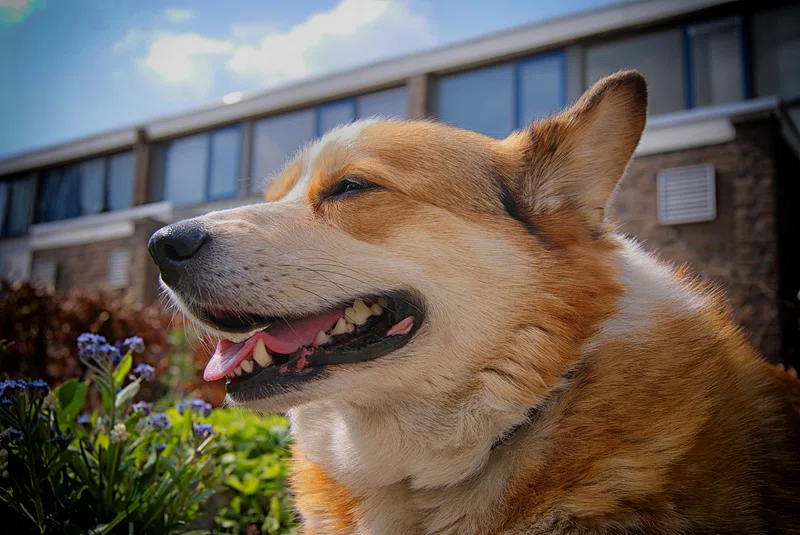
Why Does My Dog Drool In The Car :- Dogs, often touted as man’s best friend and cherished members of the family, frequently accompany their owners on car rides. However, some canine companions exhibit excessive drooling during these journeys, causing concern for their human counterparts. In this discussion, we delve into the underlying reasons behind this phenomenon and provide actionable solutions for concerned pet owners.
Motion sickness stands out as a primary culprit behind dogs’ drooling in transit. Similar to humans, dogs may experience nausea, dizziness, and even vomiting while in a moving vehicle, triggering an overflow of saliva as a discomfort response. Furthermore, anxiety plays a significant role in this behavior. Dogs unaccustomed to car travel may find the experience overwhelming, leading to heightened stress levels and subsequent drooling.
Fortunately, pet owners can adopt various strategies to alleviate their furry friends’ distress. Implementing a secure dog safety harness ensures the dog’s safety and comfort throughout the journey. Maintaining a cool and tranquil environment within the car proves beneficial, as loud noises and excessive heat can exacerbate canine discomfort. Additionally, scheduling a pre-travel walk and feeding the dog three hours before departure can help stave off motion sickness.
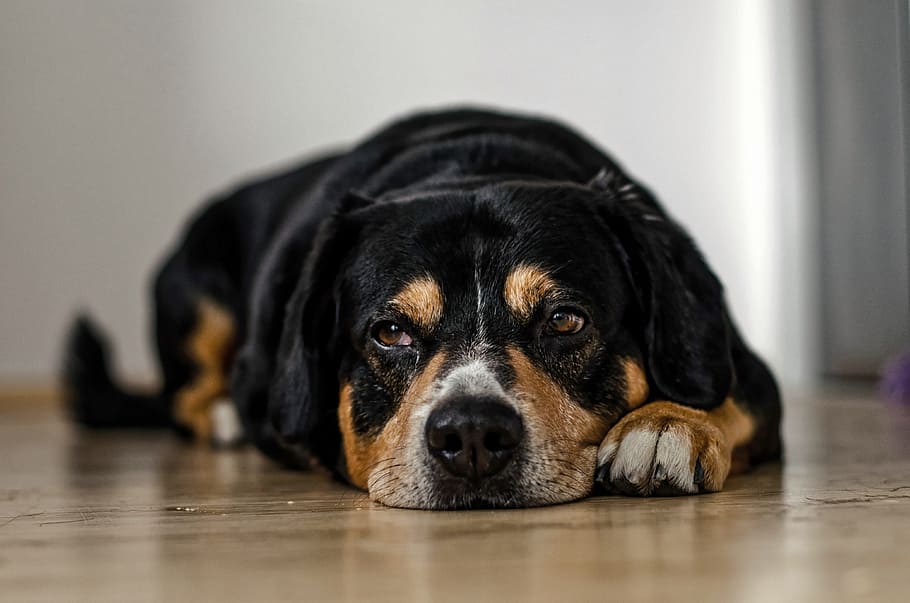
By understanding the root causes of drooling in the car and implementing proactive measures, pet owners can ensure a smoother and more enjoyable travel experience for both themselves and their beloved canine companies.
Why Does My Dog Drool In The Car Why Drooling in the Car Occurs in Dogs
Motion Sickness and Travel Anxiety
Unexpectedly, motion sickness or travel anxiety can trigger excessive drooling in dogs, presenting noticeable signs such as frequent lip licking, accompanied by drooling, whining, or even vomiting. Dogs of any breed or age can experience motion sickness, exacerbated by stress or negative associations with car rides, such as vet visits. This mental component compounds the physical discomfort, though medications are available to alleviate symptoms and promote a more comfortable travel experience.
Oral Health Issues
While drooling aids in maintaining oral hygiene, excessive drooling can signal oral health problems like gingivitis or tooth decay. Inflamed and sore gums, loose or fractured teeth, or mouth injuries may provoke increased saliva production, necessitating prompt veterinary attention to prevent further complications.
Heat Sensitivity and Overheating
Despite running air conditioning, dogs wearing their year-round “fur” coats can struggle to regulate body temperature, especially brachycephalic breeds like Boston Terriers or Pugs. Excessive drooling in hot weather may indicate heat stroke, emphasizing the need for vigilant monitoring and appropriate cooling measures to safeguard your pet’s well-being.
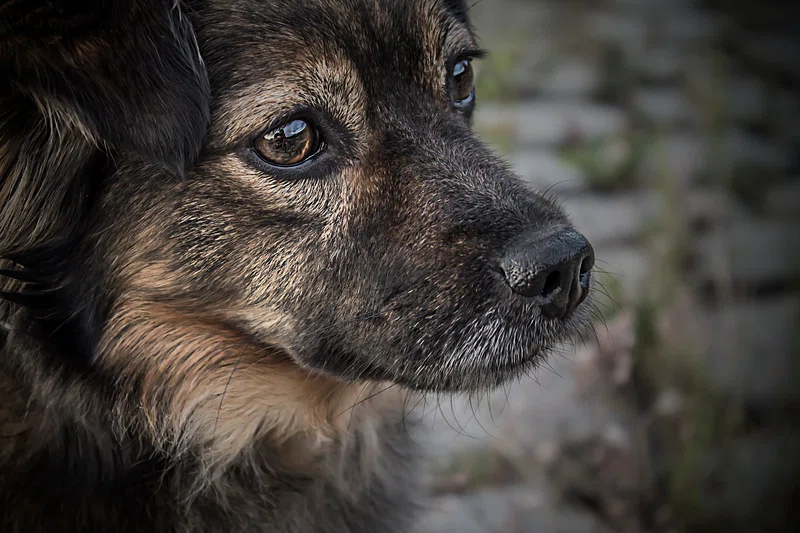
Excitement and Anxiety
Intense emotions, whether from anxiety or excitement, can provoke excessive drooling in dogs during car rides. Negative associations with travel or overwhelming joy can trigger this response, necessitating veterinary guidance for managing anxiety through medication or behavioral conditioning techniques.
Other Potential Causes
Before exploring alternative explanations, ruling out rabies, foreign object ingestion, medication reactions, allergies, or poisoning is crucial. Certain breeds may have congenital predispositions to drooling, while anatomical abnormalities affecting saliva production could also be contributing factors, requiring thorough examination and specialized care.
Why Does My Dog Drool In The Car Is it normal for dogs to drool?
Dogs naturally drool from time to time, often in response to enticing food or intriguing scents, with certain breeds more predisposed to drooling tendencies. However, when drooling becomes excessive or accompanied by other concerning symptoms, it warrants veterinary attention. Various underlying issues, including dental problems, poisoning, or heat stroke, could be responsible, necessitating professional evaluation. If unsure about the severity of your dog’s drooling, seeking guidance from a veterinarian is advisable to err on the side of caution.
It’s essential to recognize that what constitutes “excessive” drooling varies among individual dogs, with each having its own baseline behavior. Assessing deviations from your dog’s typical drooling patterns can provide valuable insight into potential health concerns, ensuring timely intervention when necessary. Trust your familiarity with your pet’s habits to gauge whether their drooling warrants further investigation.
Why Does My Dog Drool In The Car Preventing and Managing Drooling in the Car
Dealing with Excessive Drooling in the Car
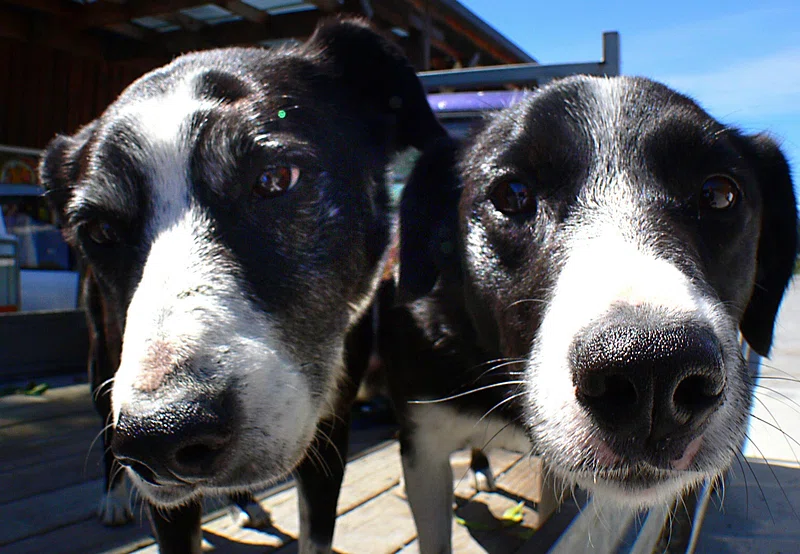
Navigating excessive drooling in the car can be a source of frustration for both you and your furry companion, but there are effective strategies to address and mitigate this issue.
1. Frequent Stops and Ventilation:-
Motion sickness is a common culprit behind car-related drooling. Combat this by making regular stops to allow your dog to take in fresh air, which can help settle their stomach and minimize the likelihood of nausea. Moreover, ensuring adequate ventilation within your vehicle promotes air circulation, further reducing the risk of discomfort for your pet.
2. Medications and Veterinary Consultation:-
If drooling persists despite your efforts, consulting your veterinarian is advisable. They can prescribe medications tailored to alleviate motion sickness symptoms, enhancing your dog’s comfort during car rides. However, it’s crucial to discuss potential side effects and weigh the risks and benefits with your vet before administering any medication to your pet.
3. Recognition of Serious Health Signs:-
While drooling in the car is typically benign, it can occasionally signal underlying health issues. Excessive drooling, accompanied by retching or appetite loss, warrants prompt veterinary attention. These symptoms may indicate ingestion of a toxic substance or other serious health concerns. Early recognition and intervention are key to ensuring your dog’s well-being.
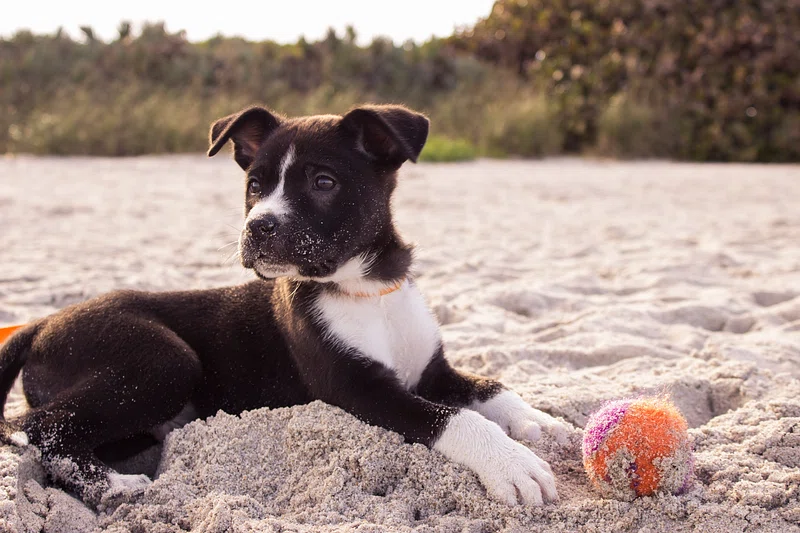
In essence, managing and preventing car-related drooling involves a combination of frequent stops, adequate ventilation, veterinary consultation when necessary, and vigilance for signs of potential health issues. By implementing these measures, you can promote your dog’s comfort and safety during car journeys.




